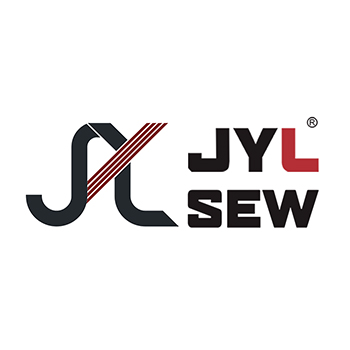In the realm of shoe manufacturing, the Shoes Cording Sewing Machine plays a pivotal role in achieving precise stitching and decorative detailing across different types of footwear. From sports shoes to leather shoes and casual footwear, this versatile machine finds widespread application in both custom-made and mass production projects. Let's delve into its diverse applications across various shoe types and its suitability for both customization and bulk production endeavors.1. Sports Shoes:Sports shoes demand a combination of durability, flexibility, and aesthetic appeal. The Shoes Cording Sewing Machine excels in stitching intricate patterns and reinforcing seams on the uppers of sports shoes, ensuring structural integrity and longevity. Whether it's adding decorative cord stitching to enhance design aesthetics or reinforcing critical stress points for increased durability, this machine offers precision and versatility tailored to the demands of athletic footwear.
2. Leather Shoes:Leather shoes epitomize craftsmanship and elegance, requiring meticulous attention to detail in their construction. The Shoes Cording Sewing Machine enables shoemakers to achieve flawless stitching on leather uppers, welt seams, and decorative elements. Its ability to handle various types of stitching, including straight, zigzag, and decorative cord patterns, makes it indispensable in the production of high-quality leather shoes, from classic dress shoes to fashionable boots.
3. C
- Home
- About us
- Product
- Hat Sewing Machine
- Industrial Flat Sewing Machine
- Eyelet Sewing Machines
- Eyelet Punching Machine
- Hat Stitching Machine
- Curved Edge Sewing Machine
- Hat Brim Sewing Machine
- Automatic Sewing Machine
- Automatic Velcro Sewing Machine
- Semi-automatic Sewing Machine
- Adjustable Buckle Fixing Machine
- Elastic Cutting Sewing Machine
- Velcro Welding Machine
- Hot Air Seam Sealing Machine
- Ultrasonic Sewing Machine
- Ultrasonic Holes Punching Machine
- Button Wrapping Machines
- Double Needle Flat Sewing Machine
- Shoes Sewing Machine
- Electronic Bartack Machine
- Double Needle Sewing Machine
- Punching Sewing Machine
- Computer Pattern Sewing Machine
- Shoe Ribbon Sewing Machine(Thread)
- Herringbone Rotary Sewing Machine
- Heringbone Rotary Sewing Machine(Thread)
- Cyclic Displacement Pattern Sewing Machine
- Heelpieces Automatic Sewing Machine
- Jeans Sewing Machine
- Garments Sewing Machine
- Special Industrial Machine
- Hat Sewing Machine
- Case
- News
- Contact us



